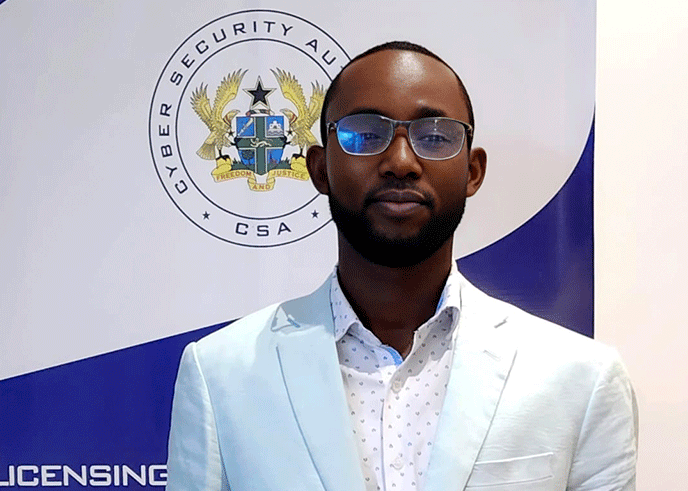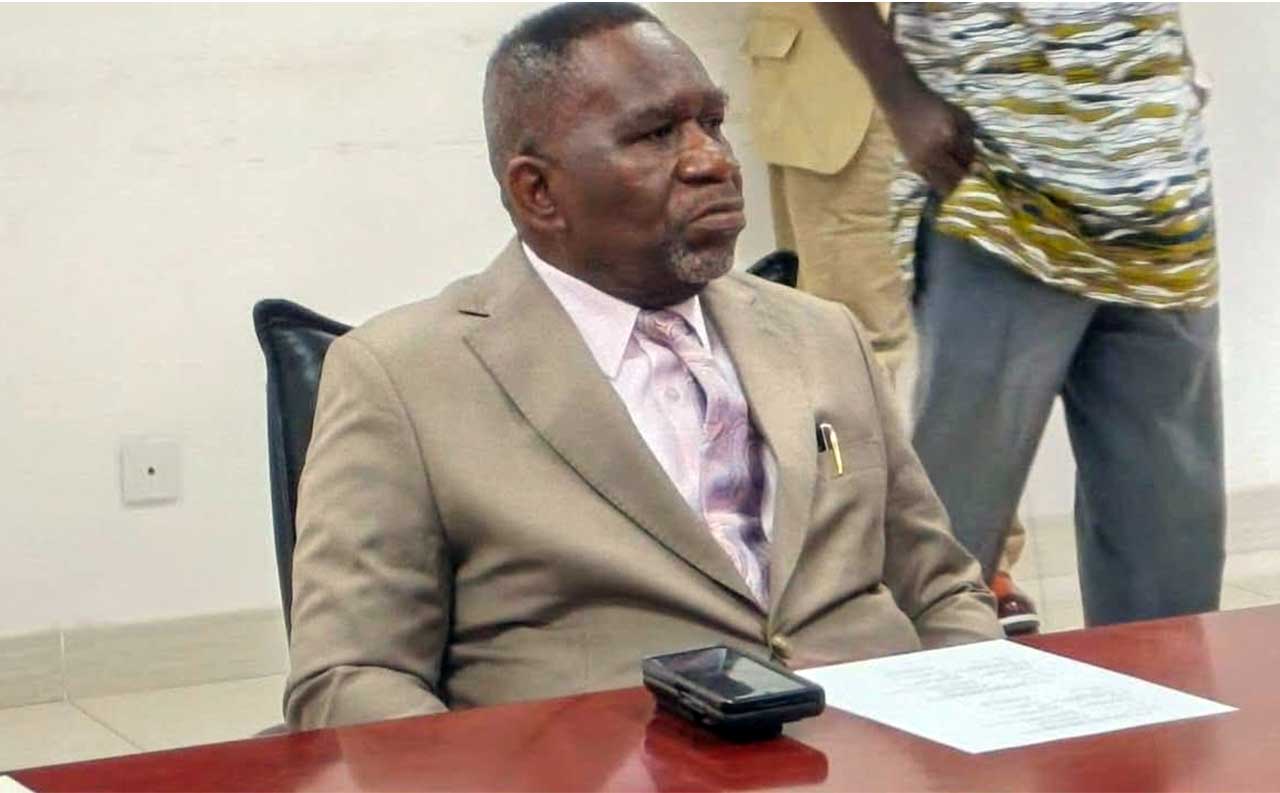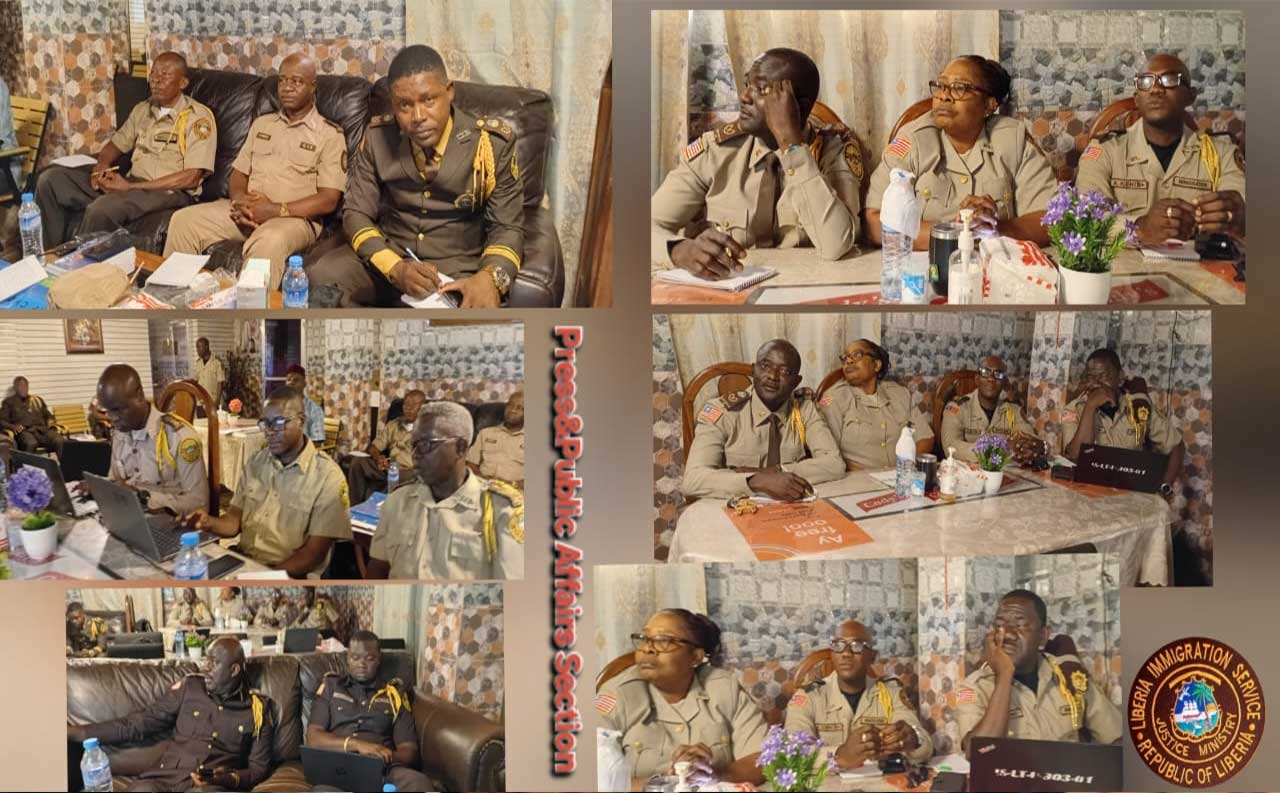The Economic Community of West African States (ECOWAS) Cyber Security Focal Person at the Ministry of Post and Telecommunications Victor K. Jarlwood Jr., has alarmed a significant cyber-attack on Liberia’s top-level domain, .LR.
Speaking with reporters Wednesday, June 12, 2024 in Monrovia, Jarlwood said the malicious activity led to the disconnection of the domain by its host for more than 48 hours, causing widespread disruptions on all government .L.R domain services.
According to him, the attack also included numerous attempts to breach the Ministry of Post and Telecommunications’ own website, and the persistent attacks have raised concerns about the security of Liberia’s digital infrastructure.
He urged citizens to adhere strictly to recommended safety measures while the Ministry and its international tech teams work tirelessly to restore services and ensure the security of the digital environment.
“We are taking all necessary steps to mitigate the impact of this attack and to prevent future occurrences. Our teams are committed to bringing everything back to normal as quickly as possible,” Jarlwood stated.
It can be recalled that the Liberia Information Technology Students Union (LITSU) on June 11, 2023 said that analyses of the IT environments within Liberia’s public and private sectors have identified significant cyber threats targeting the nation’s IT landscape.
The group’s President Sekou M. Kamara said that cyber-security issues in Liberia have reached a critical juncture, warranting urgent attention as a matter of national security.
‘’Cyber-attacks, including those targeting critical government ICT infrastructures, underscore the pressing need to elevate cyber security to a national security priority in Liberia. The evolution and increasing sophistication of these attacks are no longer merely social or economic issues; they represent a substantial threat to national security,’’ Kamara said.
The LITSU president reported that their cyber intelligence revealed that both government and private sector ICT infrastructures are under attack, and this week’s hacking incidents involving multiple government websites highlight the severity of the threat to government’s technology infrastructure.
The group further disclosed that several media houses faced Distributed Denial of Service (DDoS) attacks, further illustrating the widespread nature of these threats.
‘’Assessments and investigations indicate that many active websites in Liberia are operating on outdated technology platforms and utilizing substandard tools, making them vulnerable to cyber-attacks. These vulnerabilities present significant risks, and it is predicted that future hacking attempts could target critical national infrastructures, including data centers, financial institutions, and e-government networks,’’ Kamara said.
Accordingly, he noted the imperative need for all stakeholders, including government bodies and private sector entities, to take immediate and comprehensive measures to bolster cyber security defenses.
The LITSU President emphasized that the safety and integrity of Liberia’s digital infrastructure must be prioritized to safeguard national security and ensure the continued functionality and reliability of essential services.



